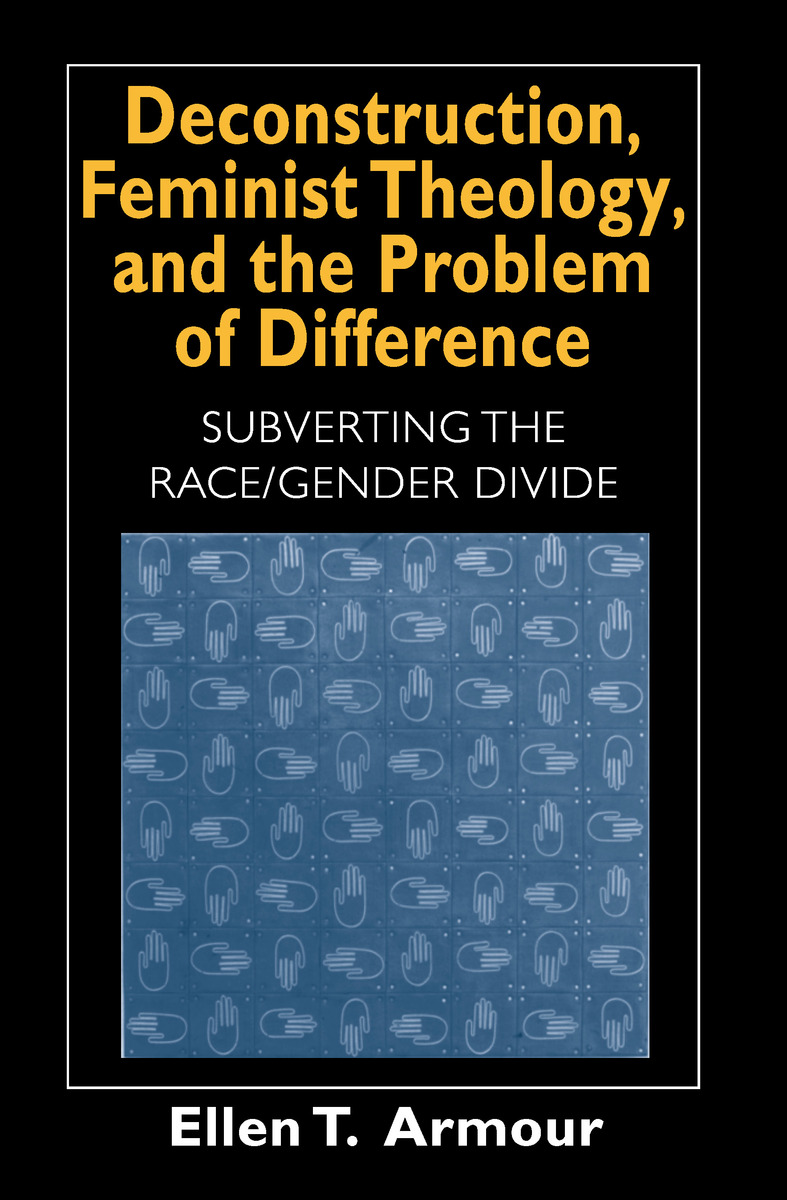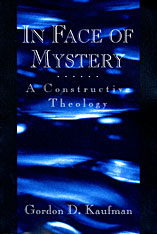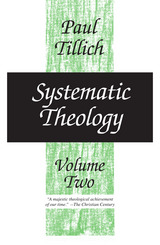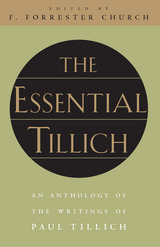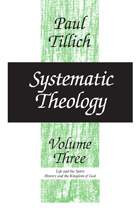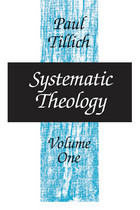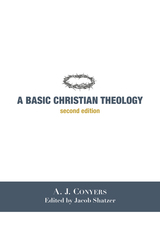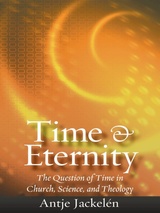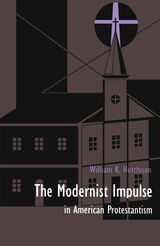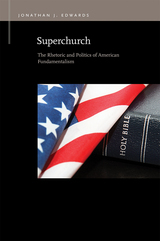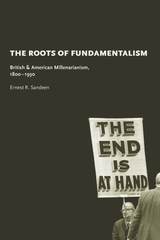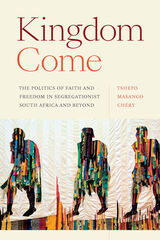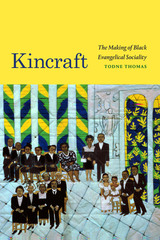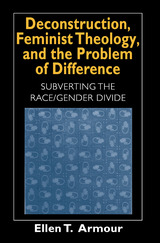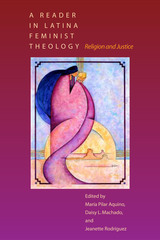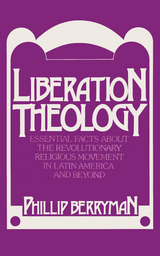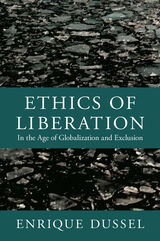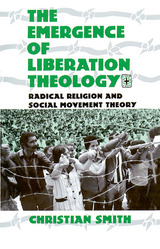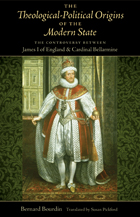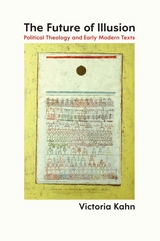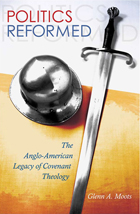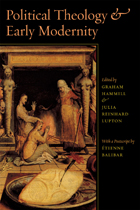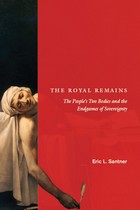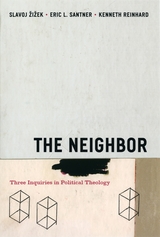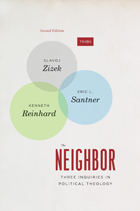Deconstruction, Feminist Theology, and the Problem of Difference: Subverting the Race/Gender Divide
University of Chicago Press, 1999
Paper: 978-0-226-02690-9 | Cloth: 978-0-226-02689-3
Library of Congress Classification BT83.55.A75 1999
Dewey Decimal Classification 230.082
Paper: 978-0-226-02690-9 | Cloth: 978-0-226-02689-3
Library of Congress Classification BT83.55.A75 1999
Dewey Decimal Classification 230.082
ABOUT THIS BOOK | AUTHOR BIOGRAPHY | TOC | REQUEST ACCESSIBLE FILE
ABOUT THIS BOOK
The term "feminism" conjures up the promise of resistance to the various forms of oppression women face. But feminism's ability to fulfill this promise has been undermined by its failure to deal adequately with the difference that race makes for gender. In this book, Ellen T. Armour forges an alliance between deconstruction and feminist theology and theory by demonstrating deconstruction's usefulness in addressing feminism's trouble with race.
Armour shows how the writings of Jacques Derrida and Luce Irigaray can be used to uncover feminism's white presumptions so that race and gender can be thought of differently. In clear, concise terms she explores the possibilities and limitations for feminist theology of Derrida's conception of "woman" and Irigaray's "multiple woman," as well as Derrida's thinking on race and Irigaray's work on religion. Armour then points a way beyond the race/gender divide with the help of African-American theorists such as bell hooks, Hortense Spillers, and Patricia Hill Collins.
Armour shows how the writings of Jacques Derrida and Luce Irigaray can be used to uncover feminism's white presumptions so that race and gender can be thought of differently. In clear, concise terms she explores the possibilities and limitations for feminist theology of Derrida's conception of "woman" and Irigaray's "multiple woman," as well as Derrida's thinking on race and Irigaray's work on religion. Armour then points a way beyond the race/gender divide with the help of African-American theorists such as bell hooks, Hortense Spillers, and Patricia Hill Collins.
See other books on: Deconstruction | Difference | Exegesis & Hermeneutics | Feminist | Problem
See other titles from University of Chicago Press
